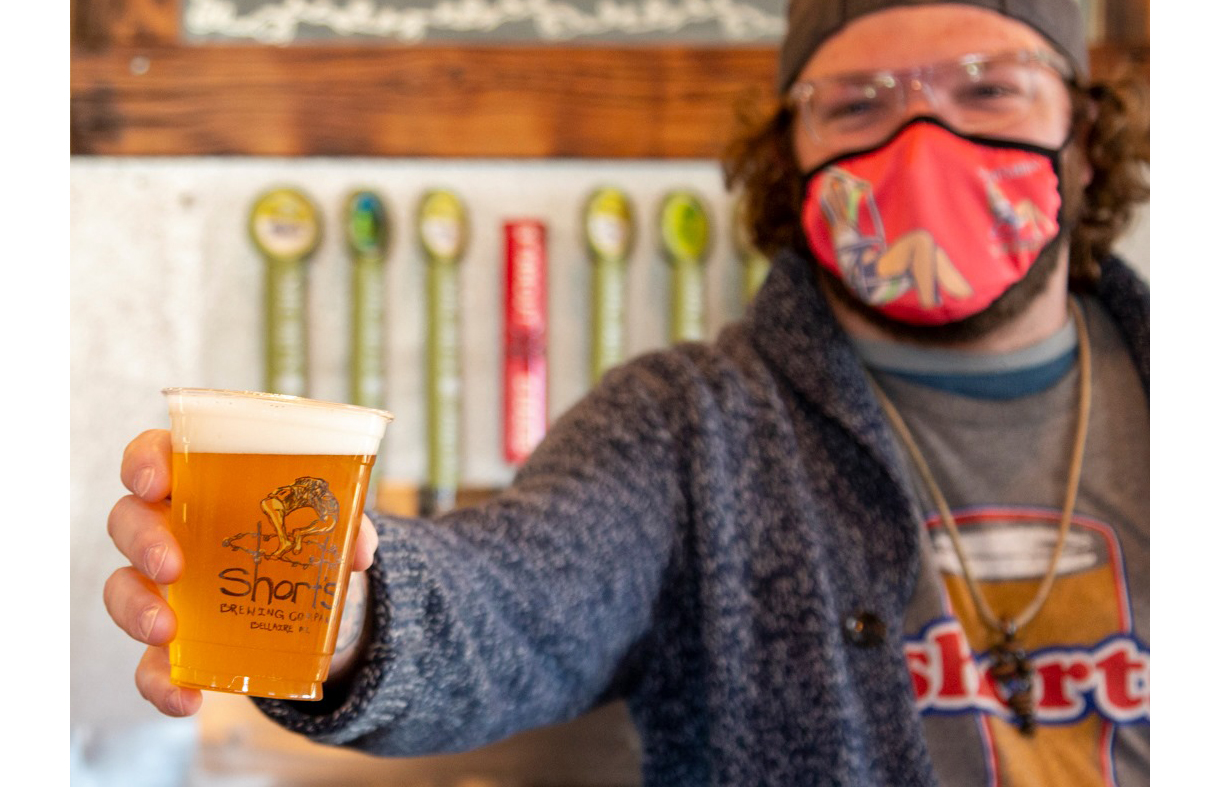
Like it or not, online has become the lifeblood of communication between most consumers and breweries. Yes, you still get “over the bar top” chats between someone and a bartender, but on social media, comments are “heard” by many more, and how your brand handles that public interaction is key.
A comment made on any social media platform is an important interaction to deal with, especially negative comments.
”I think the first goal is, of course, to address the situation at hand, but the halo effect is that everyone else is looking to see what you do, and when you interact, you show them you care,” said Jack Abby‘s Senior Director of Marketing, Rob Day. “We’ve had some rough comments on our beers that turned out to be taste-based and not quality related at all.
“In those instances, we have gone above and beyond to make that customer happy and most often receive comments to the effect of ‘I didn’t expect this. I’m a customer for life now.'”
Trevor Self, the Associate Brand Manager for MadTree, said that if a negative review or experience is shared, the faster the team will respond, apologize, get to the root of the issue and rectify it to the best of their ability.
“And the better the overall interaction is going to be,” he said. “More often than not, when you treat someone like you want to be treated in a conversational tone, you end up gaining a loyal brand ambassador with a story to tell about how MadTree resolved their problem with exceptional customer service.
“Letting someone know you hear them, acknowledge them, and want to make things right is a powerful strategy in these situations as well as simply the right thing to do.”
Sometimes, pointed out by Empyrean‘s Misty Vanderfriend, good and bad reviews can help guide a consumer towards new explorations in beer.
“We try to always respond to every review that we receive and offer appreciation towards good reviews and problem-solve for negative reviews,” she said. “With negative reviews specifically, we try to accomplish two main things: Offer an apology if we didn’t meet or exceed their expectations and try to take the conversation offline to do more information gathering if necessary. We express concern and work on a solution to solve a problem.
“Sometimes it is as simple as someone doesn’t like our beer, and we politely agree to disagree. If it is an issue where EBC is at fault in any way we certainly express our apology, create a solution for future customers, and try to make it better by offering a gift card, merchandise, or whatever we can do to make up for it.”
Self agreed that taking the conversation “offline” and reaching out to a consumer directly or on a more private channel can be super helpful as well and create a more personal experience.
“If someone is commenting negatively for the sake of doing so with no real issue (ie. trolling), it’s typically not even worth engaging as it feeds fuel to their fire as they’re looking for an argument,” he said. “Plus, if you have built a brand that other consumers respect and love, then they are very quick to come to your defense.”
Short‘s Christa Brenner said the Michigan brewery has a few strategies they use, depending on the forum.
”We try to respond to all comments/emails/requests within 24 hours,” she said. “For the most part, we are pretty public with addressing any issue regarding product quality complaints or service at the Pub. Typically, we’ll empathize with their experience and direct folks to our customer service email or our Pub management team.
”If someone complains about our beer on social media and it’s a preference thing, we typically share a response like ’Not every beer is for every person, hope you find another of our offerings you enjoy!'”
As for those just looking to troll, Brenner said the best defense is the fanbase of the brewery.
“We’ve got a great community online that will typically shut it down before we ever have to get involved,” she said. “There are a lot of good people out there, but there are also plenty of bullies. Those types love to leave nasty reviews, it’s pretty clear when someone is complaining just to complain.
”When that’s the case, we sometimes just leave those complaints alone.”






Be the first to comment